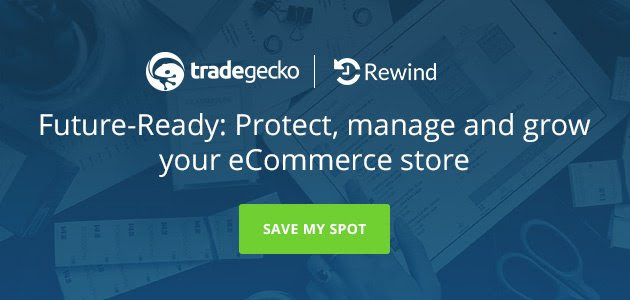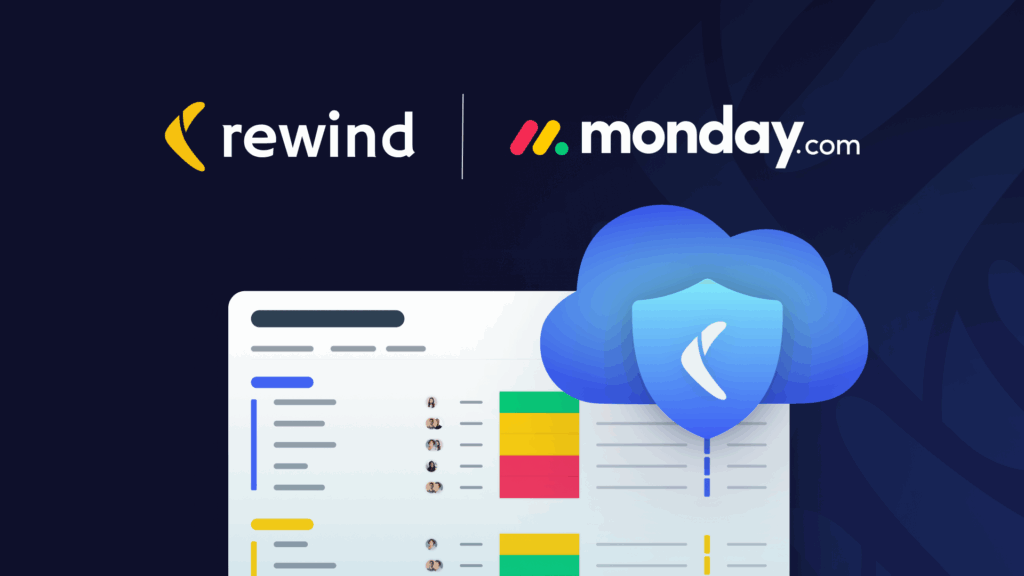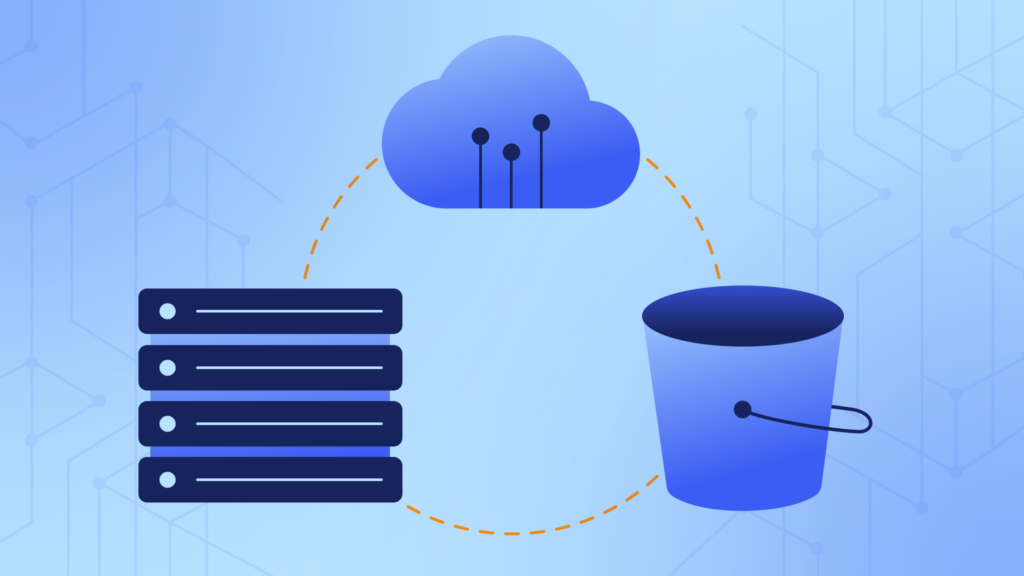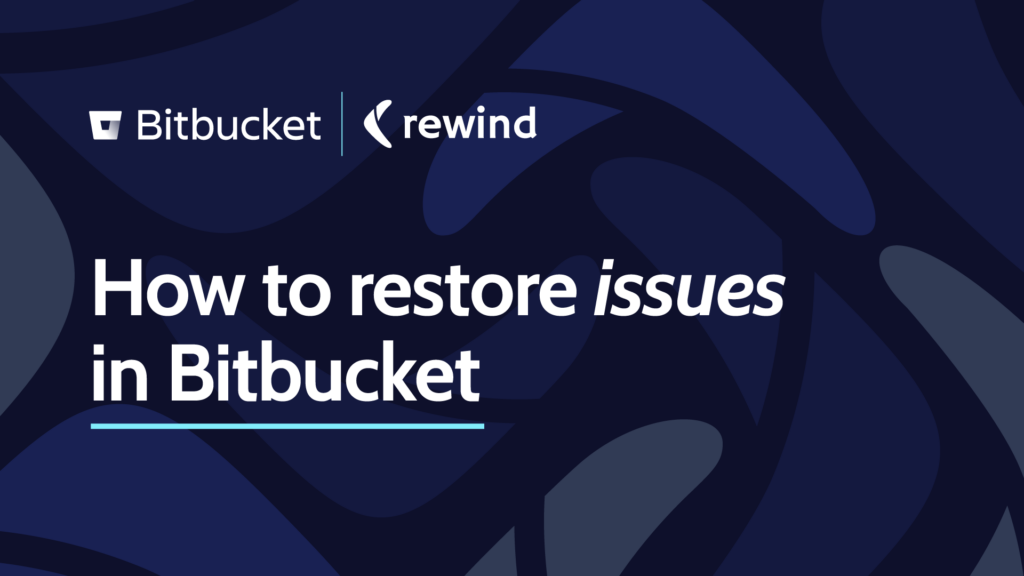Ecommerce entrepreneurs tend to share one thing in common: they love the excitement of coming up with and launching new brands. But launching is easy – the real test is being able to make each brand profitable, without exponentially growing your workload.
We asked six serial entrepreneurs to share their best advice on how to successfully run multiple ecommerce brands, and what tools they use to automate workflows.

Dan Fallak
What was your first ecommerce business and which businesses do you currently run?
My first ecommerce store, which has since closed, was called KeepHerHappy- it was a flower delivery subscription service that delivered flowers to the wives and girlfriends of men automatically on important dates like Valentine’s Day etc. My longest running store is my coaster company VersaTile.
I also run: Coasterly, Woodposters, AdultingFTW, Runwayprints, and Amaze-brand.
Are there any apps that have helped you save time and automate processes?
Shipllama and eShipper help me save money and time shipping. I use the Shopify app to manage orders on the go, as well as Strikingly, since two of my stores are on that platform.
What was the first job you outsourced?
The first thing I outsourced was some help with logistics. I hired a company to pick-pack and ship to my customers on my behalf for some of my product lines.
Best advice for people wanting to start their second or third ecommerce business?
My best advice is start small. Test your product and validate it with your peers first – if you can’t get your peers to buy your product, there’s probably not a good chance the public will want it. If you do have success selling to your peers, then launch officially but take baby steps. And remember – just because you build it, does not mean customers will find it. It’s HARD to drive traffic, let alone convert it to a sale!

Adam Watson
What was your first ecommerce business and which businesses do you currently run?
I have been in ecommerce for 15 years, last year my furniture business went bust due to an accounting error with my sales tax. This error had been happening for 5 years and I owed tax well into six figures I had no option but to close the company.
So last year I started again and I launched 2 websites straight away in Shopify. One was a furniture store Decorelo as I was experienced in this area, and also a new venture selling illuminated mirrors called hollywoodmirrors.co.uk.
Then, 6 months later, I launched a business to business E-commerce website on Shopify, Ambient Mirrors, so trade customers can purchase mirrors for their stores. I plan to launch a clothing store and a fitness equipment store in the near future.
Are there any apps that have helped you save time and automate processes?
The biggest thing when running multiple stores is to automate all the order processing, stock control, and accounting all in one place. For this we use Brightpearl; it saves huge amounts of time and makes everything simple and automated. We can just focus on growing our stores instead of time on admin every day.
What was the first job you outsourced?
My first outsourced job was PPC for Google AdWords and Google shopping as this is the fastest way of getting high-quality traffic that converts to your store. It can be costly to do this yourself if you are inexperienced and time-consuming to learn, so its best to outsource it to a professional.
Best advice for people wanting to start their second or third ecommerce business?
My best piece of advice is to make sure your first store is profitable and work out realistically how much time it takes to run it a week. Then work out how long it will take to get a second store profitable and how much time a week that will take to run.
It is no good spreading yourself too thin so concentrate where the money is. Ideally, if you can have a few stores that do well with PPC, it should not take too much management with automated systems. Having good people that can help scale the stores quickly is ideal as you can apply the same principles that made your first store profitable to your second store.
I always like to use the Pareto principle in that 20% of your efforts bring ion 80% of your sales. Focus on optimizing on what this 20% is.

Nicole Martins Ferreira
What was your first ecommerce business and which businesses do you currently run?
When I started building online stores back in 2013, I launched four stores at the same time. I had stores in niches like home decor, board games, and even the bridal niche. Back then, it wasn’t as easy to start up an online business so I was actually an Amazon affiliate. I’d create what looked like online stores but at checkout, customers would be transferred to Amazon’s website to buy the product. The margins were nowhere near sustainable so those businesses failed within a few months. Now, I’m running a network of online stores and we’ve covered niches like fitness and beauty. I find that sticking to broader niches has worked better for me than limiting myself to super narrow niches. I usually stick to a niche has a constant change in trending products so that there’s always a stream of money coming in.
Are there any apps that have helped you save time and automate processes?
I know I’m going to sound super biased for saying this but the Oberlo app is the best Shopify app I’ve ever used for finding products to sell online. I actually started freelancing for them because I was such a huge fan of their product. I saw from using their app how much of a game changer it was. It saves time in a few ways. First, it allows you to find and import products to your store in a click. Second, it automates the order processing aspect so instead of manually contacting each supplier you click a button and the customer details get sent over in one shot. Dropshipping with the Oberlo app put the focus on marketing and that’s where the money comes from. With so many aspects of the business automated in one app, the main two areas you need to work on is customer support and marketing. And those two areas are basically the lifeline of all businesses. It allows you to better focus on what counts.
What was the first job you outsourced?
I know this is probably the worst thing to say, but I usually outsource customer support first. I still keep tabs to understand what customers are saying about the product and business. However, I know myself well enough to know that customer relations aren’t my strong suit. I’m a very blunt person and I don’t always come across in the best way in written communication. I could build up on my weakness but I find delegating things I’m bad at makes it easier to keep succeeding. I’m a marketer at heart and prefer to stick to what I’m good at.
Best advice for people wanting to start their second or third ecommerce business?
By the time you get to your second or third business, you usually have a lot of experience under your belt. You usually intuitively know why your first business failed, if it had failed so you want to make sure you don’t make those same mistakes the next time around. My first few businesses failed because of thin margins but also a lack of marketing. With dropshipping, I kind of found a business model that worked well for me. It allowed me to experiment with different products with a much lower risk. More importantly, it allowed me to focus on using my skill set as a marketer. You need to be honest about where your skill set lies and find the right model that works for you. If you’re an amazing marketer, you might want to try dropshipping. If you’re the best graphic designer, you might try out print on demand. If you’re an amazing writer, you might focus on creating a landing page based ecommerce store. Stick to what you’re great at and you’ll achieve the success you’re destined for.
Nicole Martins Ferreira is a serial ecommerce entrepreneur and author of 50 Ways to Get Sales with Dropshipping where she shares all her marketing tactics in one free guide.

Bob Ellis
What was your first ecommerce business and which businesses do you currently run?
My first ecommerce business was Bavarian Clockworks, an online store that sells authentic German cuckoo clocks. I started the company from scratch. After about 2 years the business became profitable. It has continued to grow and I eventually decided to acquire another ecommerce business, Massage Tables Now, which sells high end massage tables, chairs, and equipment. My goal is to grow both businesses and build a larger portfolio of ecommerce companies.
Are there any apps that have helped you save time and automate processes?
One app that has improved our conversion rate was the One Page Checkout for BigCommere by IntuitSolutions. The app streamlined our checkout process and improved the user experience. As a result, we have seen less of our customers abandoning their shopping cart.
What was the first job you outsourced?
The first job we outsourced was our SEO marketing, which I’m not an expert in. The results have been positive. We’ve seen a big spike in organic traffic and our overall online traffic has increased over 800%. Previously, we relied heavily on PPC to generate customer leads. Outsourcing has allowed me to focus on what I do best, which is management and customer service.
Best advice for people wanting to start their second or third ecommerce business?
Choose your market niche wisely. You want to find the right balance between competition and opportunity. The market can’t be so saturated that it will be hard to stand out. It also can’t be so small that it can’t support a healthy, growing business.

Christian Sculthorp
What was your first ecommerce business and which businesses do you currently run?
I created my first ecommerce store in university and it sold beer pong tables. Now, I run NaughtyNorth and VaporizersDirect. My first largely successful ecommerce store was Vaped.ca – which I sold a few years ago.
Are there any apps that have helped you save time and automate processes?
Here are a few that I love:
Judge.me (Shopify, WooCommerce) for product reviews.
Stock Sync (Shopify) is awesome to sync your stock to vendors.
Sales Pop by Beeketing (Shopify, WooCommerce, BigCommerce) definitely helps increase conversion rate.
What was the first job you outsourced?
I outsourced live chat because I was going travelling. It worked out so well that I just kept it going! I slowly learned to trust others.
Best advice for people wanting to start their second or third ecommerce business?
Learn how to automate as much as possible. Use Zapier to automate any workflows I need. If it can’t be automated with software, consider outsourcing work to the Philippines for a couple hours a day. Systemize it with Process.st and give it over to your outsourced workers.

Brian Lim
What was your first ecommerce business and which businesses do you currently run?
My first business was Emazing Lights, followed by iHeartRaves and INTO THE AM. We currently own and operate all three brands.
Are there any apps that have helped you save time and automate processes?
I really like Datafeedwatch because it makes my job controlling AdWords shopping campaigns easier by automating a lot of steps and giving me more control over what I can send to Google.
In my opinion, Foursixty or Stamped gives the most value to the website because of user-generated content & validation that our site is legit. It shows consumers that we have high-quality products, and data has proven that users who view the Foursixty links convert better than users who don’t.
What was the first job you outsourced?
The first job I outsourced was graphic design. Then that person became the first employee. I realized I couldn’t really sell anything online without decent graphics showcasing the products.
Best advice for people wanting to start their second or third ecommerce business?
Ask yourself if the opportunity cost is worth diverting attention away from your first e-commerce store. We felt like we had to diversify our risk and expand into different markets. The most powerful benefit of running multiple stores is the ability to deploy resources to whichever store has the best chance of making the next million dollars. Also, the combined spending power of multiple brands allows us to compete for talent that one brand could not afford on their own.
Register to our free webinar: Protect, Manage, and Grow Your eCommerce Store
Managing multiple ecommerce stores is a challenge, even for the seasoned entrepreneurs. You’re running at a mile a minute, losing track of shipments, payments on invoices, or even experiencing stock-outs.
And, as you grow, data disasters become a greater risk. Testing new app integrations, customizing your theme code, and outsourcing website work to freelancers or contractors can all lead to unforeseen data disasters.
Register to our free webinar to learn:
- How to manage all your orders in one place, arrange fulfillments, and get paid faster.
- Why it’s crucial to backup your ecommerce website, even if you’re using Shopify or BigCommerce.
- Update: The webinar is now available to watch anytime.
For more information about Rewind, please head on over to rewind.com. Or, learn more about how to backup Shopify, backup BigCommerce, or backup QuickBooks Online.


 Rally Stanoeva">
Rally Stanoeva">


